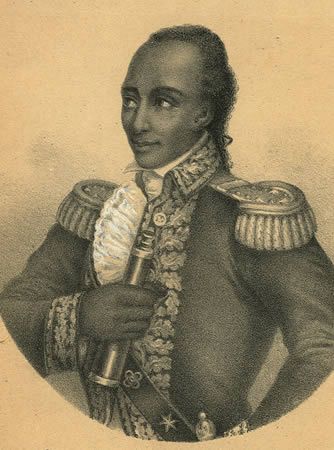It's not that easy in this article because so few details are given. It's very emotional and low on facts and figures. I think that was the whole point though. I few things should scream at you though.
The people who criticized here for keeping the Mercedes were right. It should have been sold. Why do you have two cars? The Mercedes was the reliable one? Could be, but statistically speaking you could find a much more reliable vehicle with a Toyota or Honda symbol on it. Better gas mileage and less insurance. They're also much cheaper to fix if they break. She kept making a big deal about how it was paid off. Great so sell it!
She makes the comment about how it would be a bad idea to sell it and then take on another car payment. WTF??? Just by looking at the prices on autotrader. The average selling price for the vehicle for that make, model and year was around $25k. You can buy a brand new civic or corolla for that price.
She also talks about how the house was bought in 2008, "right before the crash". Unless she's talking about the stock market crash, she's wrong. The housing crash peaked in the beginning of 2006, not 2008. Not only that, but real estate markets don't crash "three weeks later". There's no definitive quoting system like with the stock market. The other thing is that the Boston market didn't crash starting in 2008. It essentially stayed flat for 3 years after that. All of this is a moot point of course because the equity in your house doesn't matter when you lack cash flow. It could go to nothing, but if you still have to pay the mortgage that's all that matters.
Another thing is her husband worked for a newspaper company. It's not surprise to anybody, especially one who works in that business that he couldn't find a job for years. It's a dying industry. He should have been looking at another market years prior to his pink slip. I've seen people who work in that industry who make great six figure incomes. And yet they still live paycheck to paycheck. Completely oblivious to the fact that their coworkers are dropping like flies. You can work in the newspaper industry, but you better have a huge emergency fund and you better rent your house.
http://blogs.wsj.com/economics/2014/07/15/the-10-most-endangered-jobs-or-why-you-are-reading-this-online/?mod=e2fb



 RSS Feed
RSS Feed
